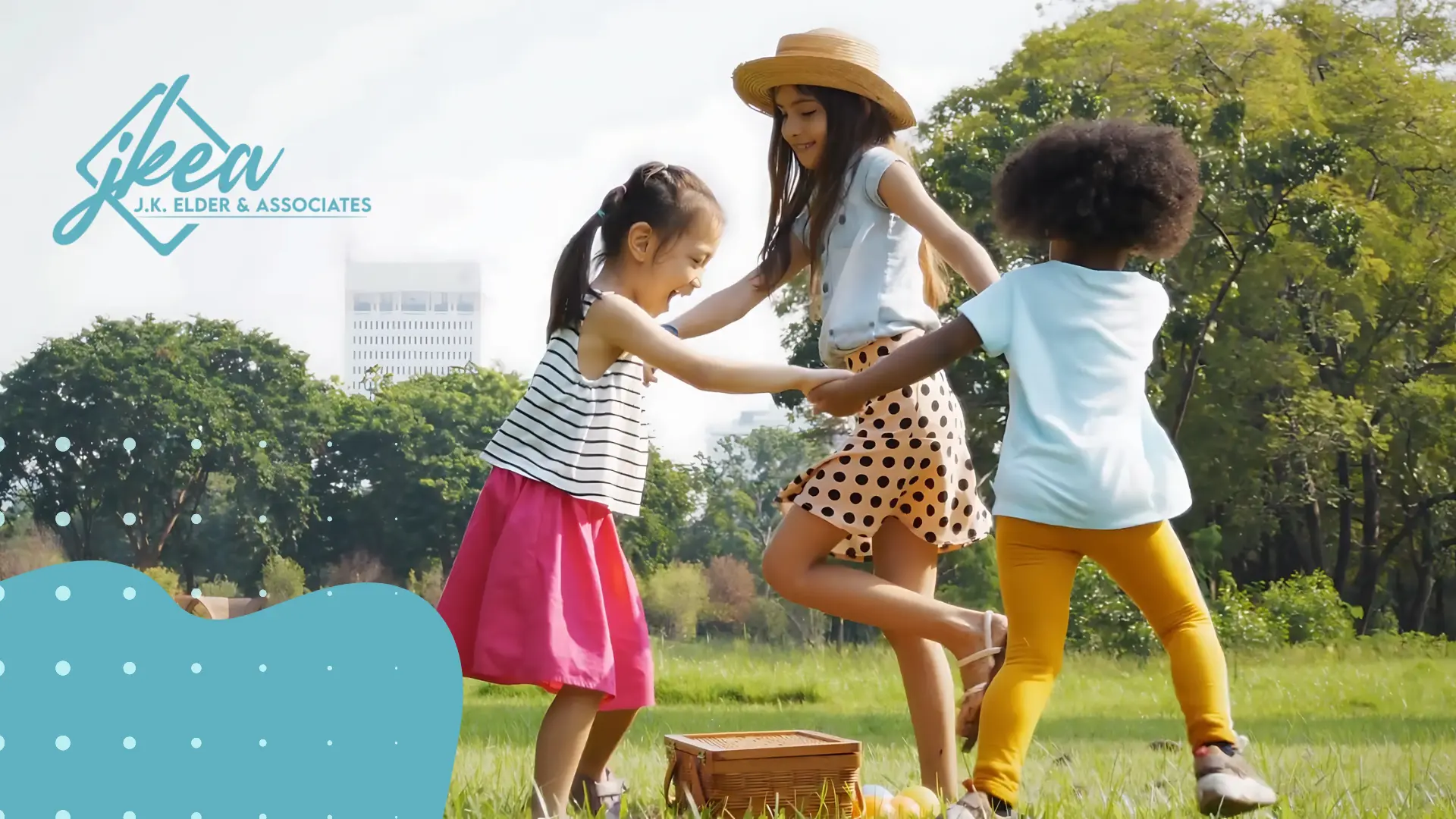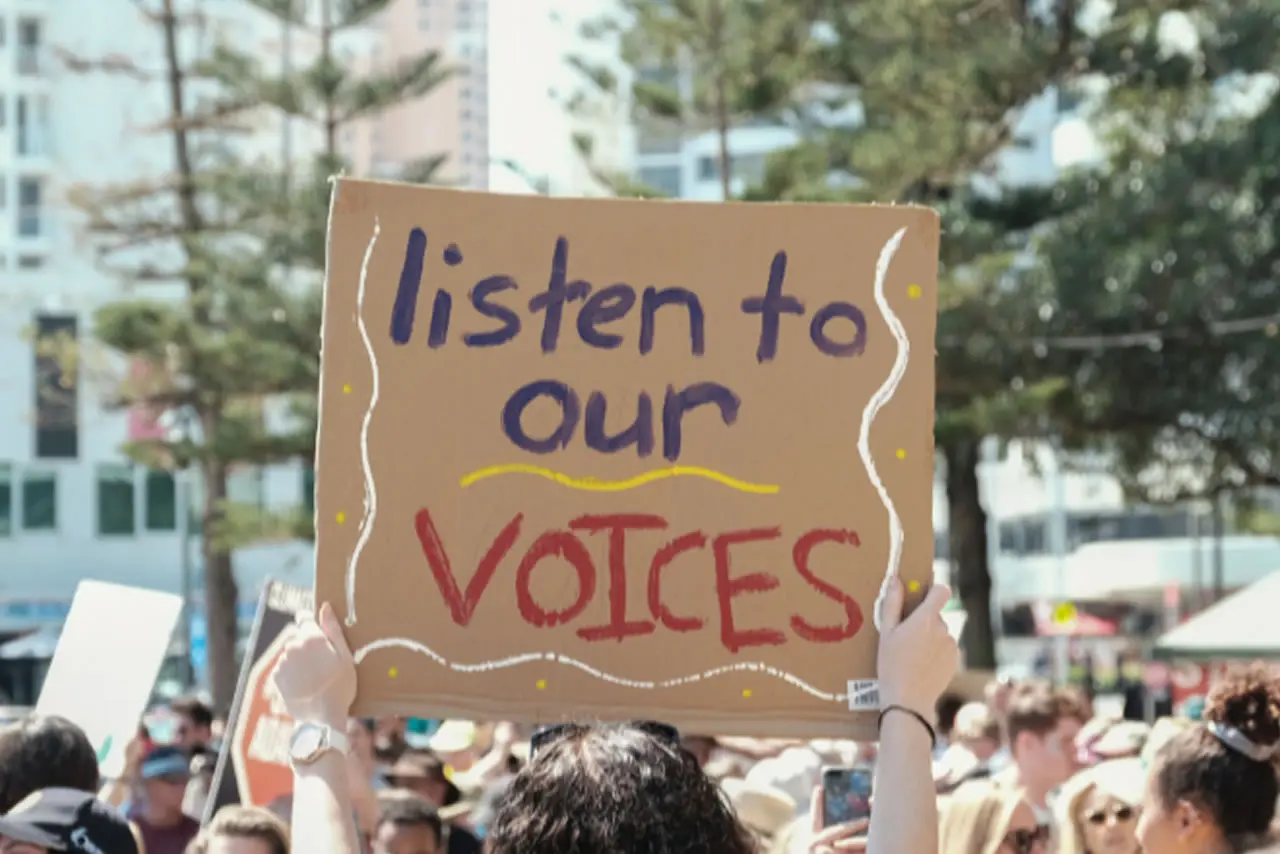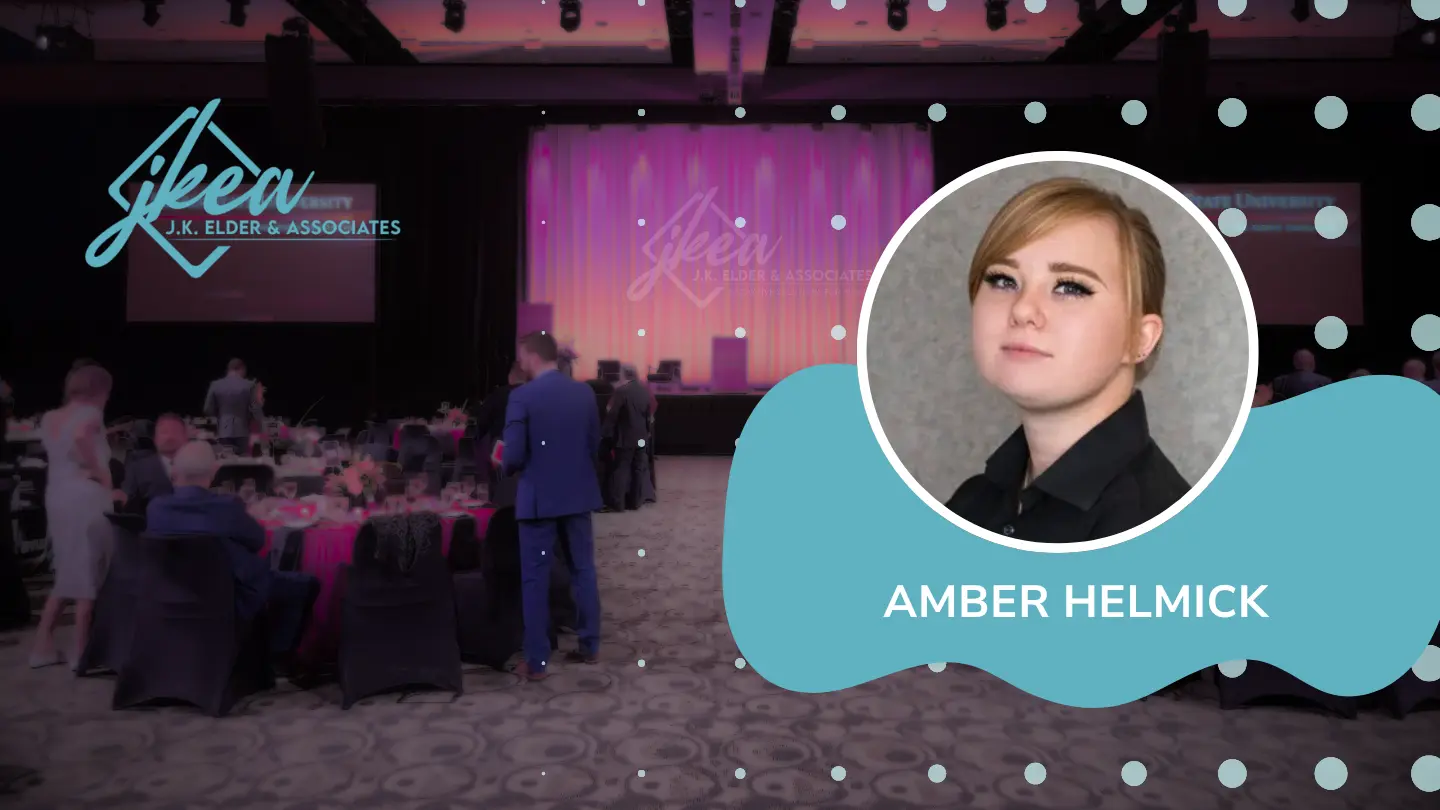Beyond Awareness: Empowering Youth with Meaningful Access to Resources
Date: April 19, 2025
Article By: Dr. Elizabeth Wynter
⟡
Exciting News! This month’s Foster Youth Champion Blog features a powerful guest post from Amber Helmick, a dedicated lived experience advocate.
- Amber brings a critical perspective on the challenges young people face when navigating child welfare and other systems. From accessibility barriers to a lack of trust in support networks, she highlights the real struggles—and the real solutions—that can make a difference.
- Her insights remind us that resources alone aren’t enough. We need systems that are truly effective, responsive, and built on trust.
- Check out Amber’s blog and join the conversation! Let’s work toward real change for young people who deserve better.
Contributed by Amber Helmick
Beyond Awareness: Empowering Youth with Meaningful Access to Resources
Trust Issues: When Systems Fall Short
Often, young people who have been negatively impacted by the child welfare system do not trust the very resources meant to help them. This distrust isn’t necessarily about the system as a whole but rather the individuals responsible for running programs designed to protect and support them. Many youth have experienced being unheard, overlooked, or mistreated by those in positions of authority.
I believe a crucial part of addressing this issue isn’t just about increasing transparency regarding resources but also about ensuring that the individuals running these programs:
- Undergo regular training
- Engage in reflective practice
- Are held accountable for how they interact with and serve young people
We need more than just awareness of resources—we need real change in how youth experience them.
Why Traditional Rating Systems Don’t Work
I don’t have a concrete solution to this, but I do know that traditional rating systems (Google reviews, Yelp, etc.) don’t adequately capture the real impact of these programs, nor do they help improve trust in the people behind them.
- Youth need more than just a list of services—they need to see:
- The real impact of programs beyond surface-level descriptions
- The people behind the programs—who they can trust and rely on
- A clear, youth-centered path for accessing resources
Beyond Awareness: Building Meaningful Access to Resources
One of the biggest challenges isn’t just ensuring youth know about available resources, but also making sure they can access and use them effectively.
- Key barriers include:
- Technological barriers (unreliable internet, outdated systems)
- Rural access limitations
- Bureaucratic eligibility restrictions
- One actionable way to address this:
- Provide a comprehensive list of essential resources categorized by life domain (housing, education, career development, life skills, etc.)
- Offer guiding questions that help youth understand what to ask when seeking support
- Create clearer access points that don’t just provide information but also build trust in the process of using these resources
Empowering Youth with Early and Ongoing Support
A structured and personalized approach to transition planning should begin as early as middle school and continue through post-graduation and beyond. This roadmap should not be one-size-fits-all but instead should provide youth with choices in navigating their independence.
From my own experience and my work alongside other organizations, I’ve seen that early intervention (ages 10-16) is a critical window of vulnerability. Many young people at this stage are at higher risk of:
- Trafficking
- Being lost in the system
- Having their voices dismissed because they are perceived as “too young” to advocate for themselves
So my question is: How do we truly empower youth to be the decision-makers in their own futures?
By providing targeted support and resources during these critical years, we can equip youth with:
- Mentorship
- Education
- Practical tools to navigate the child welfare system and beyond
But this should not stop at early intervention—people take different paths in life, and young adult and family support services must remain accessible and responsive. Strengthening family units—whether biological, chosen, or assigned—is essential to fostering stability and preventing cycles of crisis.
“I Don’t Know What I Wasn’t Told.”
One of the most common things I hear from youth and young adults is: “I don’t know what I wasn’t told.”
This is why collaborating with schools, shelters, and workforce programs is essential. Programs like AVID, Guardian Scholars, and FutureU (in Harris County, Houston) are often the key to direct access to youth and young adults.
Schools and workplaces aren’t just places of learning and earning—they are potential hubs of connection and opportunity. After all, for most youth, their main options for survival are: education and employment. Ensuring both pathways provide meaningful support is critical.
Moving Forward: A Call to Action
So, how do we move from discussion to real action? It starts with listening—not just collecting feedback, but ensuring youth have decision-making power in shaping the very systems meant to support them.
- Involving youth in policy development
- Embedding youth voices in program design
- Holding service providers accountable for consistency and effectiveness
- Prioritizing relationships and long-term stability over short-term interventions
At the end of the day, we must remember:
Empowering youth isn’t about giving them a seat at the table—it’s about redesigning the table so their voices shape the conversation from the start.
Let’s continue the dialogue, the learning, and most importantly, the action. If you’re interested in collaborating, brainstorming, or finding ways to ensure youth voices remain at the center of our work, let’s connect.
Together, we can build a system that doesn’t just serve youth—it supports them in thriving.
⟡
Meet Amber Helmick: Advocate for Youth and System-Involved Individuals
Amber Helmick is a passionate advocate for youth and young adults navigating system-involved and transitional life experiences. Her work centers on supporting those in youth-centered programs, kinship and unorthodox kinship care, the foster system, reunification efforts, homeless youth shelters, and other transitional welfare programs.
Amber focuses on bridging the gap between critical services and the individuals who need them most—ensuring access to housing, education, employment, and long-term stability, all of which are essential in shaping a person’s trajectory beyond the system.
Beyond child welfare, Amber extends her advocacy to individuals impacted by incarceration, behavioral and mental health challenges, domestic and family violence, housing instability, and barriers to education. She has worked closely with veterans, immigrant families, DACA recipients, first-generation students, and homeless families, helping them navigate resources and build strong foundations for their futures.
Amber is committed to making resources more transparent and sustainable, meeting people where they are, and centering the voices of those directly impacted.
Her work includes:
- Program and workshop development
- Resource contributions to support community-based hubs and virtual access points
- Advocacy and mentorship
- Elevating conversations that challenge systemic gaps and bring overlooked issues to the forefront
Connect with Amber:
- LinkedIn: Amber Helmick
- Foster Youth Alumni Resources: Linktree
Amber’s dedication to empowering youth and young adults through access, advocacy, and action is transforming the way we approach system-involved care. Follow her work and join the movement to create lasting change!






